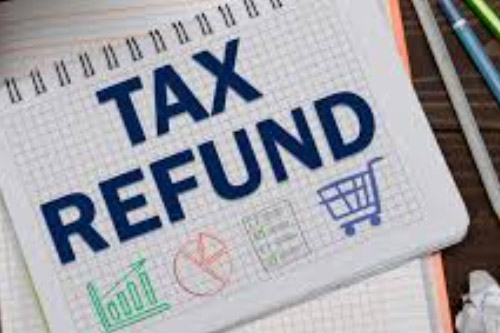My options:
- Reinvest into an RA;
- Settle credit card debt which attracts interest of 15% and has an outstanding balance of R44 000 (currently serviced at R2 500 per month);
- Invest the money in a tax-free unit trust (my current financial plan does not have provision for withdrawals);
- Use the money as a deposit for a money market account and top up to make the R100 000 minimum balance required (useful for emergencies)
Let’s further assume that I have a home loan of R1 million, with an outstanding balance of R650 000, tax rate of 6.75%. For the bond, let’s assume I pay the bond and a top-up which means I pay a total of R10 000 p/m. Let’s also assume that there is vehicle finance with a balance of R350 000 at 12.75% fixed, with a term of 36 months remaining.
How would you suggest this tax refund is utilised?
I have tried to cover all the necessary assumptions to paint the picture. Looking forward to your answers and guidance as there are a number of divergent opinions on saving vs settling debt.
RESPONSE:
Based on your scenario your question relates to reducing debt, investing the refund or contributing towards an emergency fund.
All three options could be considered as well thought out ways to utilise your tax refund. It is important to note that there is no one right or wrong answer to your question as it relates to what may be most appropriate for you in your financial circumstances and your personality type.
Reducing debt
Interest rates on credit card debt can be relatively high. It is typically significantly higher than one pays as interest on a bond. It therefore stands to reason that it may be more beneficial to pay off credit card debt over additional bond repayments.
The behavioural finance aspect of paying off credit card debt rather than paying off one’s bond or investing the money, is that it may only be beneficial if the credit card debt is subsequently kept at low levels. Once paying off credit card debt, the temptation is to once again re-utilise that credit facility again in the future.
This is an important principle that consumers need to be mindful of. If one reduces credit card debt levels and therefore saves on interest repayments, one needs to be diligent enough to keep credit card debt to a minimum thereafter. This is best achieved by reducing your credit card limit with the bank, which forces the appropriate behaviour.
Reinvesting the refund
Reinvesting the refund is certainly an option. This can be done through additional retirement annuity contributions or through a tax-free savings account.
The consideration between reinvesting the refund and paying off high interest debt from a pure return perspective is around the possible return achieved through an investment compared to what you pay as after-tax money towards both the interest on the debt and the capital.
There has to be a balance between saving and repaying debt. This ideally requires modest levels of affordable debt whereby one can simultaneously save and repay debt. Bond repayment is an automatic compulsory monthly repayment to which you allocate part of your after-tax income. It is structured, has a long term and favourable interest rates, and you would not typically dream of defaulting on this repayment. Credit card debit on the other hand typically attracts a minimal monthly repayment, is unstructured and is expensive. It should be prioritised for settlement before bond repayment.
The benefits of a tax-free savings account make it an ideal investment vehicle to use up to the maximum annual contribution of R36 000. Investors should ideally max out their annual contributions each year. This is something to consider going forward.
Contributing towards an emergency fund
It is important to have an emergency fund should you find yourself in a position where you have a relatively large unexpected expense. It is important to have between 3-6 months’ worth of income in an emergency fund.
“Use the money as a deposit for a money market account and top up to make the R100 000 minimum balance required. (Useful for emergencies)”. Investment platforms such as Allan Gray allow for investors to open investment directly through the platform provider. Their minimums are significantly lower than R100 000 and they offer both money market funds and income funds which can be used in the underlying investment. R100 000 seems quite high as a minimum for a money market account.
Additional considerations
You may consider re-bonding your home (if you have the capacity) in order to pay off your vehicle finance which has a fixed interest rate of “12.75%”. This will effectively reduce the interest that you are paying on your vehicle as the interest will be charged according to the interest rate which is applied to your bond at “6.75%”.
Summary
You should consider using the tax repayment to settle your credit card debt. This stands to reason as the most prudent thing.
The R2500 you are currently using to pay off the credit card should then be re-directed to a monthly debit order investment. This will build up fairly quickly to become a meaningful sum of money and you will get the benefit of Rand cost averaging (investing over time) versus investing a lump sum. Investors need to start somewhere when it comes to discretionary saving.
A tax-free investment is a great investment vehicle to use when building up either an emergency fund or for the purpose of pure wealth building.
You should consider restructuring your vehicle finance with that of your bond in order to reduce the interest that you are paying.
Article: MoneyWeb





